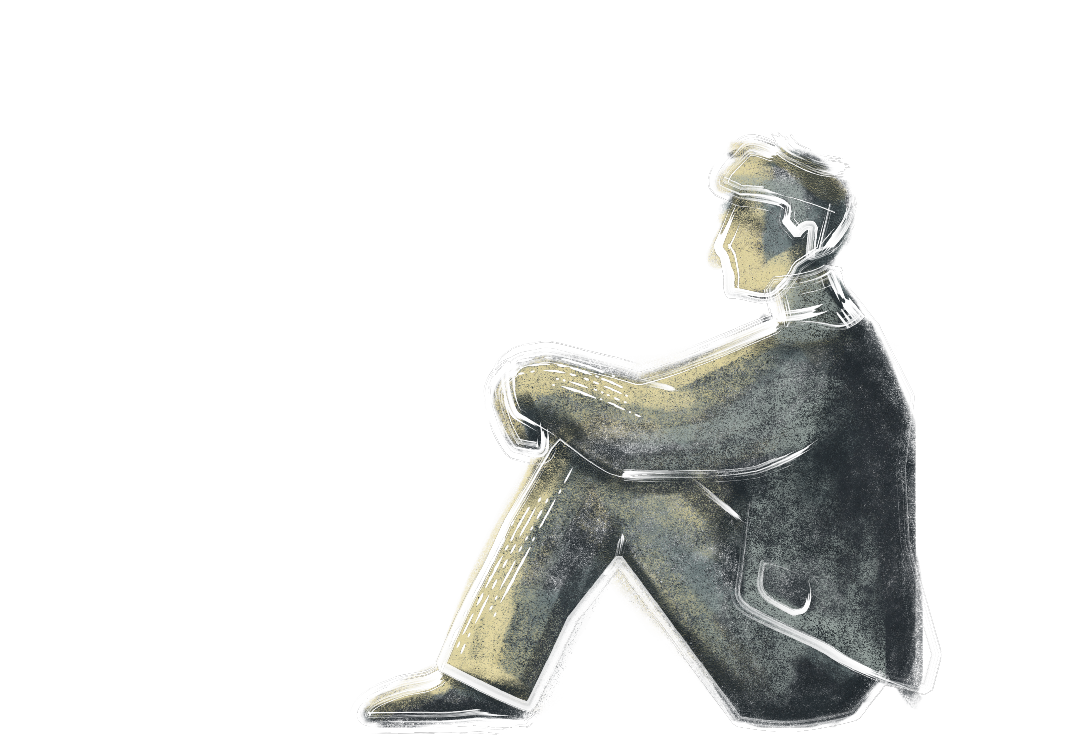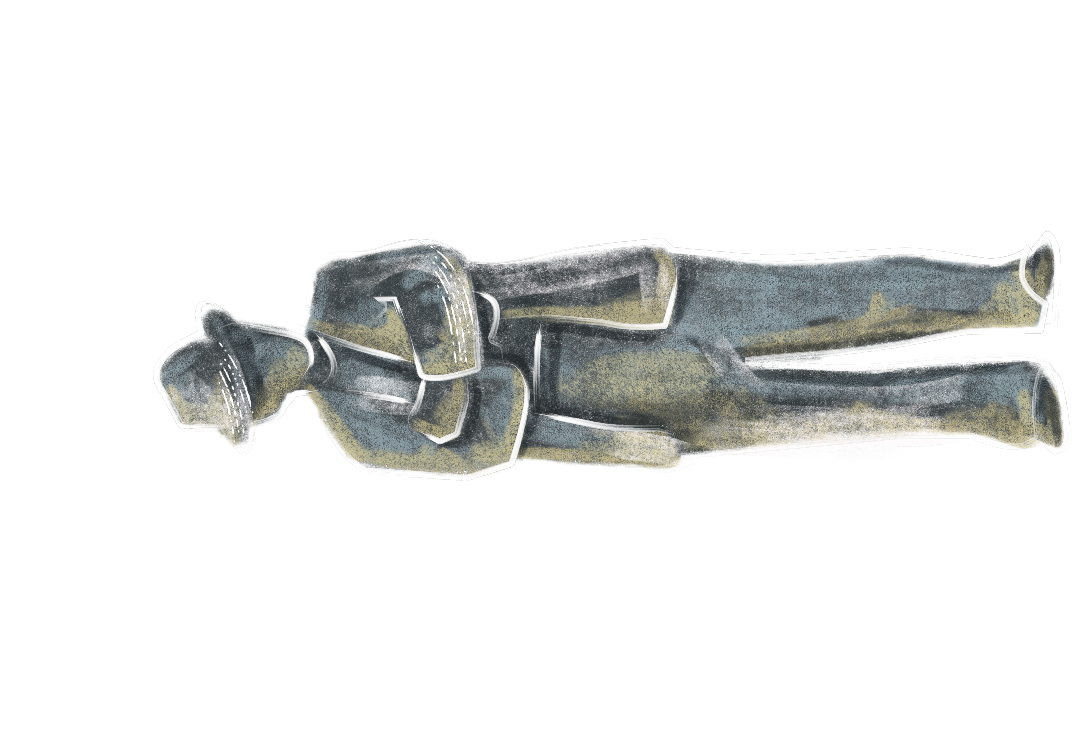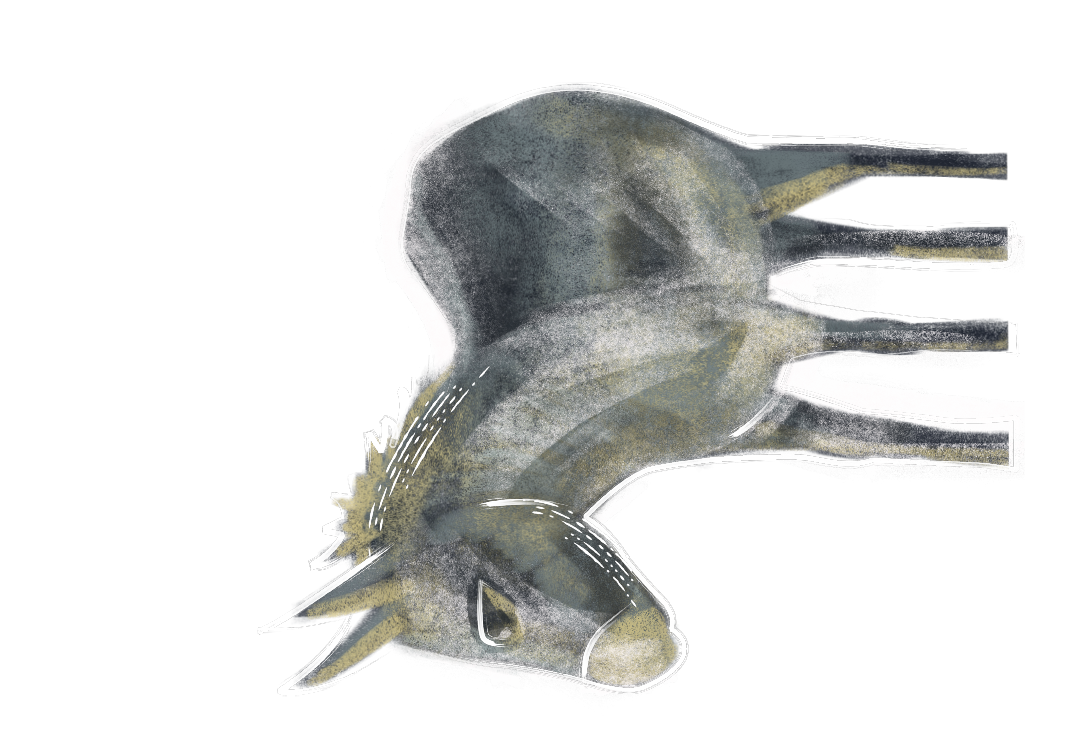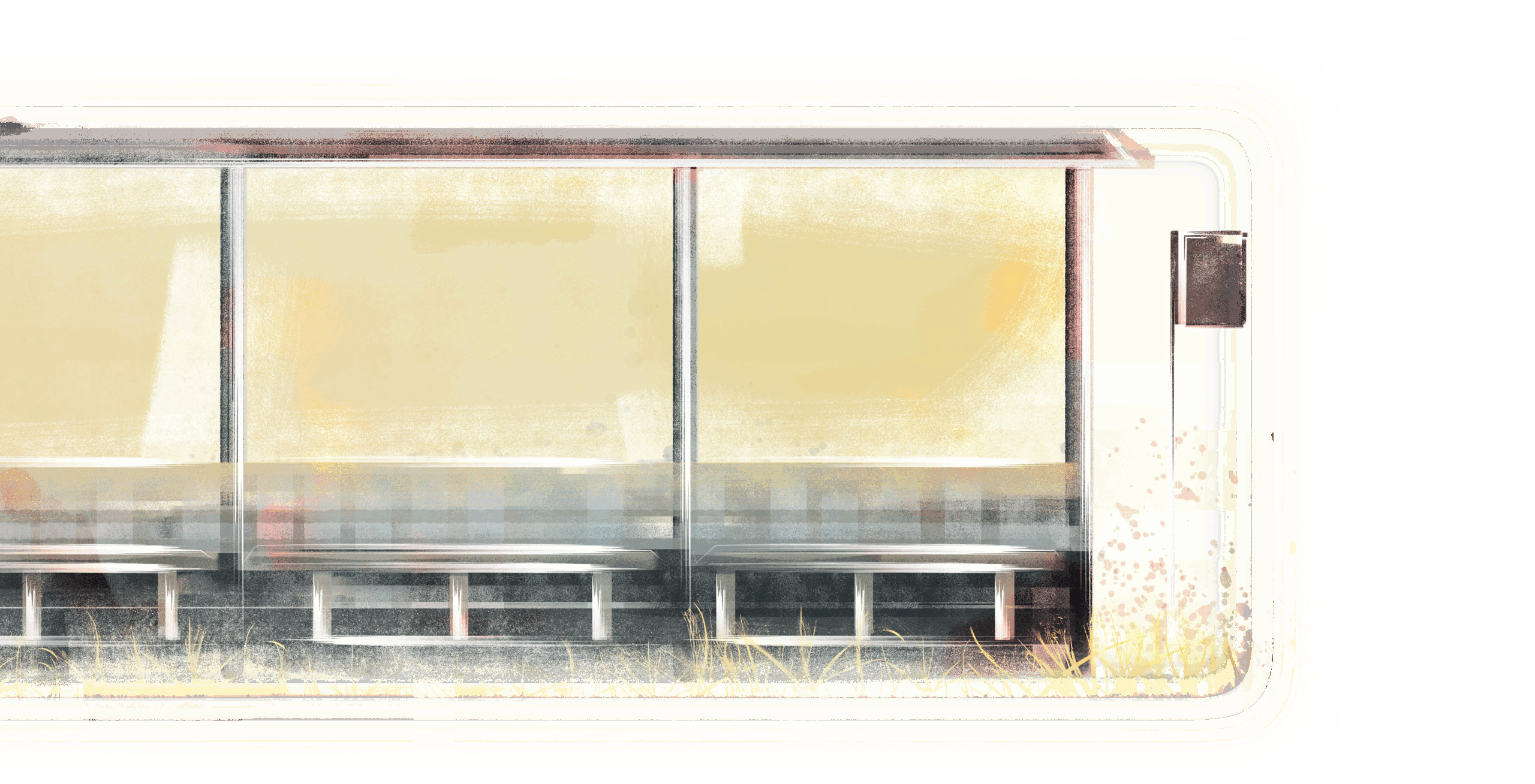

Let’s eat! A journey of self-determination
Sandrine Mennesson, Ergothérapeute Libérale, Formatrice
– Celia, you can do this.
– Are you sure?
– I’m sure!
– Do you think I’ll be able to decide tonight’s menu on my own?
– I’m sure you can, and you won’t need Arthur to do it… Let’s give it a try!
Another occupational therapy session is taking place today at Celia’s house. I met Celia for the 1st time a month ago. Since then, we’ve been working together to help her prepare her meals independently.
– Sara, I don’t know what to do.
– What could help you decide on your menu?
– Already what ingredients to use … but I don’t know … I’m counting on Arthur to manage the contents of my fridge and my groceries! (long sigh) He knows so much. I doubt everything. I’m not getting anywhere. I ask myself lots of questions: what ingredients do I have, what recipes do I know, what’s good for my kids and what do they like? Of course, they’re going to want pasta, but we already had some yesterday… And besides, my husband can’t eat too much of it with his food intolerances. And I don’t know where we are with our carbon footprint, so I don’t know what we can eat… Not to mention that today, I didn’t wear my connected watch for an hour, and I don’t know exactly how many calories I burned in physical activity… Olala, I realize I’m going round in circles… It’s terrible. I’ll never get there! There are so many things to think about in my life…
– Celia, I hear your doubt. You mentioned the ingredients you had first. Do you think this criteria is important?
– Yes, and also what my children like.
– This will enable you to continue developing your menu. If you need to know what ingredients are available, what can you do?
– I don’t know! Would you like me to tell you what I’ve got in my fridge?
– Well, yes, I would.
Celia looks at me and smiles. She has just completed her plan. A success in her pathway. This 40-year-old married mother of two is an AI-anxious. Like so many others. Artificial Intelligence: a revolution in human life. A technological advance and a resource so powerful, so operational, so useful, that it has spread with relevance and discretion into the spheres of human life. Counting the number of steps you take, knowing how long you sleep, making a health diagnosis, establishing a prognosis, deciding on the evening menu, writing a report and then translating it, preparing a holiday, mowing the lawn, planning a learning program for a child, helping a legislator to prepare a text, a speech, a bill… the list is endless! So many activities co-managed by Artificial Intelligence in 2050.
So reassuring, this Artificial Intelligence thinking to help us, assist us, second us. Artificial Intelligence is capable of processing hundreds of pieces of data, whereas a human being considers only 5. A real optimisation of decision-making potential, an undeniable complement to human intelligence.
Undeniable progress.
But over the last twenty years or so, health authorities have been warning of the emergence of a new concomitant phenomenon: AI-anxiety. As with any progress, its more obscure counterpart has developed. It is beginning to be well documented statistically, and it is clear that all countries are concerned: major world powers such as Taiwan, India, the new Maghreb, Nordrhope (a grouping of Northern European countries), as well as countries that are more archaic in their digital transition and less present in the global economy, such as Peru, Mongolia and Australia.
Concerning AI-anxiety, scientists are categorical: A.I. is so reassuring that it generates a major disability complex in some individuals, paralysing all initiative-taking, manifesting itself in massive doubts and permanent uncertainty. The person feels inadequate in the judgements they can make, because they only understand part of the data relating to the subject. How can they feel competent, capable and autonomous under these conditions? Paradoxically, the individual becomes totally dependent on A.I., which is the cause of his malaise. For some individuals, this is a total impasse: self-confidence is out the window, and the A.I. is an indispensable personal assistant, associated with daily activity, integrated into the various connected interfaces, personalized for each individual. A new cause of anxiety, then, but one so omnipresent in the environment that it’s becoming difficult (impossible?) to free oneself from it completely.
Health professionals have established support protocols, and occupational therapists are seeing a massive increase in their patient base. Occupational therapy sessions are designed to improve people’s autonomy so that they can carry out their activities without assistance, with a sense of security, while continuing to evolve in a highly technological environment. A huge challenge! Occupational therapy as a therapeutic space for doing things without technological assistance, in an age where home automation, robotics and A.I. are omnipresent.
So reassuring, then?
Governments around the world and the World Health Organisation (WHO) are working together on this issue to move the environment towards de-technologisation. It’s a major challenge, and one to which healthcare professionals are fully involved…


– Um… Excuse me Celia, could you repeat that please?
– I said I had leftover quinoa, grapefruit, goat’s yoghurt, mustard…
Celia continues to list the ingredients she has at home. Victim of this syndrome, she has lost her independence. Arthur, her personal assistant, is present on all her connected interfaces at home, at work, in her car, on her bike… Three months ago, during an update of the operating system on his devices, Arthur was uninstalled. Célia didn’t benefit from his presence for a week. This event led Celia to suffer a major anxiety attack, tetanising, for which her husband hospitalized her. She was treated in hospital, withdrawing from her environment. Then she went home, Arthur was reconnected and reconfigured, and occupational therapy was prescribed to “reinforce her autonomy”.
We agreed to focus on her meal preparation activity, which is one of the tasks she carries out on a daily basis for her loved ones and which she would like to be able to do without Arthur. She says that she would feel reassured because she would feel as competent and capable as her late grandmother was. She also says that her grandmother would be proud of her and Celia has a lot of admiration for her: she is an important family figure in her life. Our initial interviews enabled us to identify these elements in particular, thanks to her life story.
Today, Celia is planning her evening meal. She is trying to consider the information that could have an impact on her decision and then to prioritize it. She decided that it was important for her evening menu to be balanced according to the recommendations of the WHO and her previous day’s menus, to be adjusted to her daily calorie expenditure, to be in line with her particular health risks (her hypercholesterolaemia), to be adapted to the season, to have ingredients available at home, to be eco-responsible and respect her daily carbon footprint, to be correlated to her budget, and to be appreciated by her children and her husband who will be sharing the meal. All these factors were taken into account when drawing up a list, and she now prioritizes what is most important for her menu: in this case, what she already has at home and what her children like.
All this work has become so essential: giving back the power to act to these AI-anxious has become a public health issue on a global scale, reinforcing the place of self-determination in everyday life, continuing to live alongside the object of one’s anxiety without feeling vulnerable, rethinking the environment by reconciling technology and human activity… Professional and ethical challenges: it is impossible to deny the benefits of A.I., nor to return completely to a world without this advanced technology, while at the same time not being able to overlook the extent of its impact on mankind. I’m Sara, occupational therapist, always questioning, human and proud of my profession.
